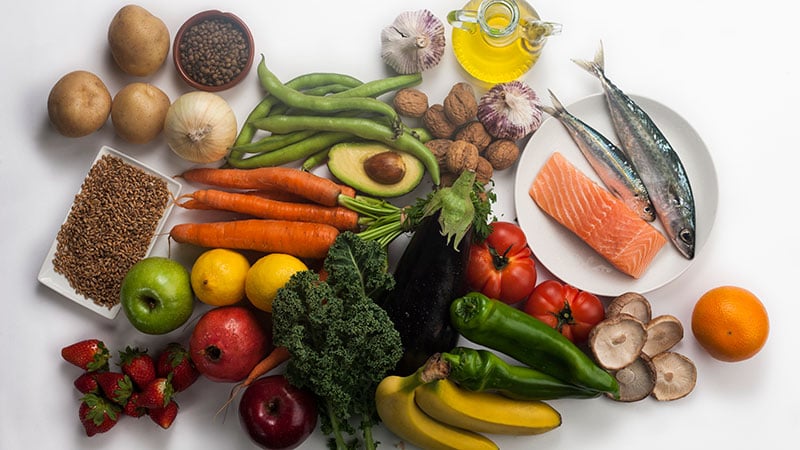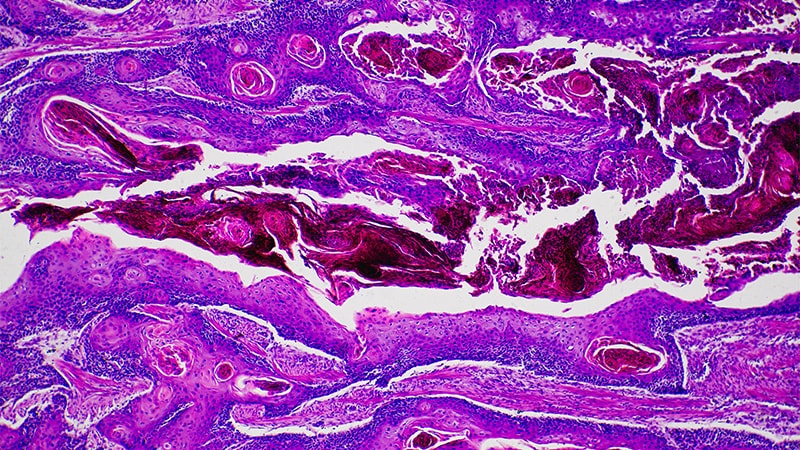Takeaway
- Medical cannabis appears to improve clinical symptoms and general functioning among patients with IBD, with negligible side effects.
- Cannabis use was also associated with reduction in IBD-specific medications.
Why this matters
- Most IBD patients will respond well to 30 g/month cannabis or 21 mg Δ9-tetrahydrocannabinol (THC)/170 mg cannabidiol (CBD) daily.
- Discuss cannabis use with IBD patients to ensure appropriate, medically directed vs abrupt cessation of current IBD-specific medications.
Key results
- 127 IBD patients.
- Approved/consumed monthly cannabis dose: 28±16 g/month (baseline), 31 g/month (after ≥1 year).
- Average daily dose: 21 mg Δ9-THC and 170 mg CBD.
- Consumption: 56.7% smoked, 16.5% used oil, 12.6% inhalation.
- Most patients reported symptom improvement (median, 8 [interquartile range, 7-8]).
- Significant declines (all P<.001) in IBD-specific medications from baseline to 1 year, including 5-aminosalicylic acid (59%-19.8%), steroids (57%-11.8%), immunomodulators (63%-33%), and biologics (51%-30%).
- Daily functioning: full-time employment increased from 51% to 58% (P<.005).
- Harvey-Bradshaw index scores declined from 11 to 5 before/after 44 months cannabis.
- Significant declines seen in bowel movements/day, pain (both P<.001).
Study design
- Prospective, observational cohort study investigating medical cannabis use patterns, experiences, safety, functioning in IBD patients.
- Funding: None disclosed.
Limitations
- Observational design precludes definitive conclusions regarding anti-inflammatory efficacy.
- Heterogeneous consumption modes.
References
References



